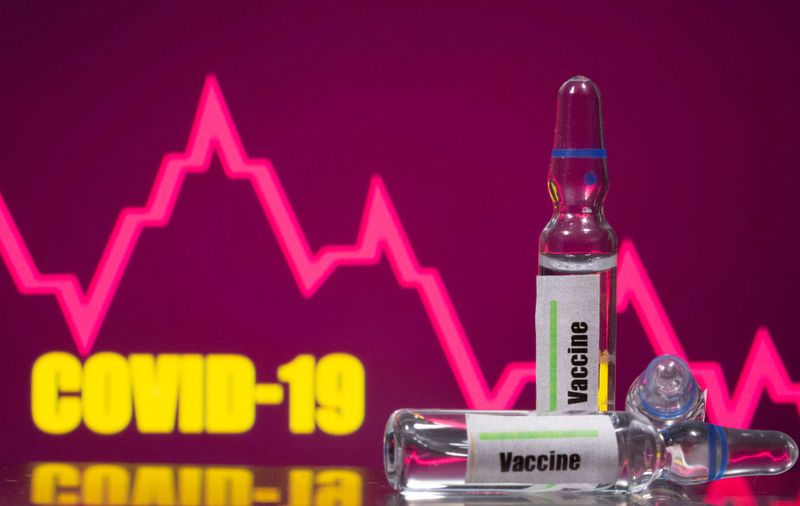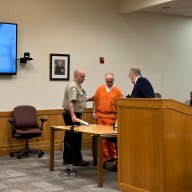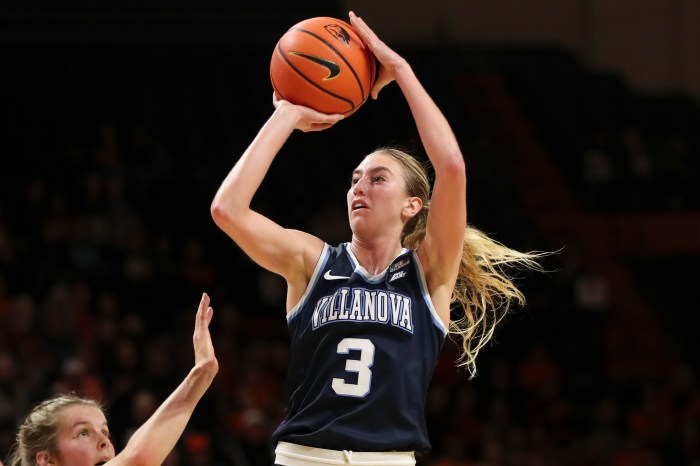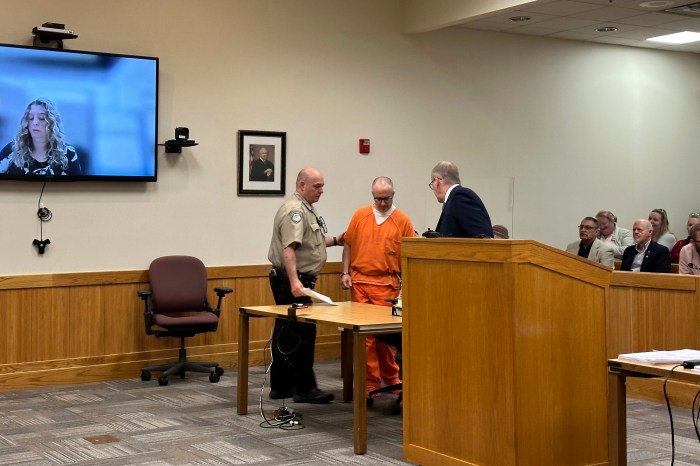MADRID (Reuters) – Some volunteers have quit Johnson & Johnson’s <JNJ.N> COVID-19 vaccine trial in Spain after news of side effects in a participant in AstraZeneca’s <AZN.L> trial, the Spanish programme’s lead investigator told Reuters on Tuesday.
The investigator, Alberto Borobia, said there were enough reserve volunteers for the trial to continue as normal, however.
“Many have called to ask us some more detail about the risk of the vaccine, whether what happened with that vaccine had anything to do with the one we are studying, these types of questions,” Borobia said.
He did not say how many people had dropped out.
AstraZeneca’s COVID-19 vaccine trials were placed on hold worldwide on Sept. 6 after a serious side effect was reported in one volunteer in Britain.
Trials resumed in Britain and Brazil on Monday following the green light from British regulators but remain on hold in the United States.
Johnson & Johnson’s Belgian Janssen unit began Phase II trials of its COVID-19 vaccine on 190 people in Spain on Monday with those tests due to conclude on Sept. 22.
Trials are also being carried out in the Netherlands and Germany, taking the total number of participants in all three countries to 550.
Johnson & Johnson was one of nine companies to commit last week to uphold scientific standards in the race for a COVID-19 vaccine amid rising concerns that safety and efficacy standards might slip in the rush to halt the pandemic.
Phase II trials are designed to test which dose and schedule of a vaccine generates the most antibodies while Phase III tests the vaccine’s efficacy. Borobia said Phase II was scheduled to run for 14 to 16 months.
If some doses and schedules generate considerable amounts of antibodies, an intermediate Phase III analysis could be conducted before the end of Phase II, Borobia said.
He said volunteers in the third phase would be far more diverse than for Phase II, which only involves people in good health, divided into those aged 18 to 55 and those 65 and above.
“In the third phase, we will include all types of people. It is necessary to include a certain number of hypertense patients, white patients, Asian patients … The population in Phase III is totally heterogeneous,” he said.
The firm aims to test 60,000 people globally in Phase III with a third of the volunteers in hard-hit Latin America, according to Josue Bacaltchuk, vice-president of medical affairs for the Jannsen unit in the region..
The first vaccines are due to be available in early 2021.
Pfizer <PFIZ.NS> and BioNTech SE proposed on Saturday to the U.S. Food and Drug Administration (FDA) to expand their Phase III vaccine trial to 44,000 participants from 33,000 to enrol a more diverse set of volunteers.
(Reporting by Silvio Castellano, Michael Gore; Writing by Victoria Waldersee; Editing by Ingrid Melander and David Clarke)

















